The Power of Your Subconscious Mind - Joseph Murphy
A powerful guide to reprogramming the mind through the practice of affirmations and visualization. He emphasizes that our beliefs shape reality, and the subconscious mind works tirelessly to turn deeply held thoughts into experiences. The book covers topics such as healing from disease, financial abundance, and improved relationships.
The Interpretation of Dreams - Sigmund Freud
Proposes that dreams offer a glimpse into the unconscious mind, revealing suppressed desires and unresolved conflicts. He introduces key theories such as wish fulfillment and symbolic dream analysis, asserting that hidden emotions and thoughts surface in dream imagery. This text is foundational in both psychoanalysis and the study of the subconscious.
Man And His Symbols - Carl G. Jung
Jung’s final book offers an accessible introduction to his theory of the collective unconscious and archetypes. Using examples from art, mythology, and personal dreams, Jung explains how symbolic imagery emerges from the subconscious mind, offering guidance and insight for personal development.
UNCONSCIOUS MIND
Psycho-Cybernetics - Maxwell Maltz
Maltz, a plastic surgeon, discovered that improving people's appearance didn’t always change how they felt about themselves. This realization led to his theory that self-image plays a crucial role in success. In this book, he explains how the mind operates like a goal-seeking machine, and offers practical exercises to retrain thought patterns, increase confidence, and break negative feedback loops.
The Ego And The Id - Sigmund Freud
Outlines Freud’s tripartite model of the psyche: the id (primal desires), the ego (rational thought), and the superego (moral conscience). Freud explains how the unconscious aspects of the psyche influence behavior, arguing that much of human experience is driven by unseen psychological forces.
Psychology of the Unconscious - Carl G. Jung
In this text, Jung explores the role of symbols and mythology in shaping the psyche. He argues that the unconscious is not merely a repository of repressed thoughts, as Freud suggested, but a dynamic space filled with archetypal energies that drive personal and collective evolution.
Subliminal - Leonard Mlodinow
Presents research from neuroscience and psychology to demonstrate how the subconscious mind influences decisions and actions. He shows that many of our choices and perceptions are shaped by biases and stimuli we are not consciously aware of, challenging the notion of free will.
You Are The Placebo - Dr Joe Dispenza
Delves into the science behind the placebo effect, showing that belief alone can alter the brain and body. Drawing on neuroscience, epigenetics, and quantum physics, the book offers techniques to change mental states and unlock healing potential. Dispenza uses case studies and guided meditations to teach readers how to shift their reality by changing the way they think.
Beyond the Pleasure Principle - Sigmund Freud
In this text, Freud expands on his earlier theories by introducing the concept of the death drive, or Thanatos, alongside the pleasure principle. He explores the subconscious urge to seek calm or non-existence, which can manifest as destructive behaviors or self-sabotage, complicating human motivation.
Memories, Dreams, Reflections - C. G. Jung
This autobiographical work provides a deep insight into Jung’s experiences with the unconscious, including his practice of active imagination and encounters with archetypal figures. It blends personal reflections with theoretical insights, offering readers a glimpse into Jung’s exploration of the inner world.
Breaking the Habit of Being Yourself - Dr Joe Dispenza
Dispenza combines insights from neuroscience and quantum theory to demonstrate how changing mental patterns can lead to new outcomes. He offers a step-by-step process for rewiring the brain through meditation and visualization, empowering readers to transform negative habits and create a new personal reality.
Civilization And its Discontents - Sigmund Freud
Analyzes the conflict between individual desires and societal expectations. He argues that much of human suffering arises from the repression of primal instincts, which are sublimated to conform to social norms. The subconscious tension between personal freedom and cultural restraints is a central theme of the book.
The Archetypes and the Collective Unconscious - Jung
Jung elaborates on his concept of archetypes—universal patterns that influence thoughts, behavior, and cultural narratives. He explores how these patterns emerge from the collective unconscious, shaping human experience across different cultures and historical periods.
The Biology of Belief - Bruce H Lipton
Lipton explores the connection between beliefs and biological functioning, arguing that thoughts can influence genetic expression. He presents evidence from epigenetics to show how positive mental states can promote healing, challenging traditional ideas about biology being predetermined by DNA.















